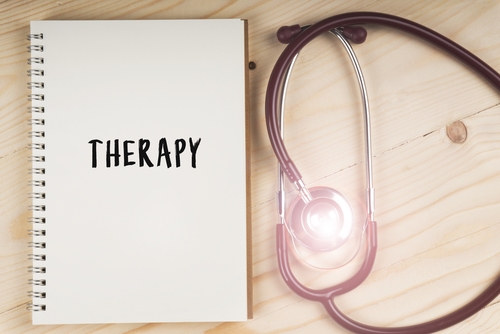By: Design for Change Recovery
Categories:
The reason many different therapy types are offered in treatment
You are here:Addiction is a three-pronged disease that affects our physical, mental, and spiritual well-being. As our addiction progresses, we eventually reach our bottom in each of these areas, until we finally receive the “gift of desperation” that leads us into treatment. In looking back after some time in recovery, many former alcoholics and addicts say they were “physically, mentally, and spiritually bankrupt” at the end. Many of us have become financially bankrupt as well.
When we enter treatment, we are offered several types of therapy. These may include:
- Medications, such as Suboxone or Antmisuse or inappropriate use, to alleviate the symptoms of drug or alcohol withdrawal. These drugs must be taken under competent medical supervision, either from a physician, outpatient clinic or inpatient treatment center.
- Substance-misuse or inappropriate use counseling. This type of therapy may be done on an individual or group basis, or both, for maximum benefit. Substance-misuse or inappropriate use counseling helps us to gain insight into the neuroscience of addiction in the brain, and the causes and consequences of our addiction. Here, we also learn about the internal and external of triggers for drug and alcohol use, as well as relapse prevention.
- Cognitive behavioral therapy. In CBT, we work individually with a therapist to identify our problems as they relate to our addiction, and develop strategies for solving them. We look at our relationships with family members, friends, coworkers, and ourselves. We also look at the consequences of our addiction, including any legal trouble that’s resulted from our drinking or drug use. If we have a gambling addiction, we examine the financial implications of our problem.
- Psychiatric treatment for conditions such as major depression, bipolar disorder, psychosis, or post-traumatic stress disorder. Psychiatric treatment may also include the use of medications to alleviate our symptoms. These medications must be taken under the supervision of a doctor.
- Twelve-step programs, such as Alcoholics Anonymous, Narcotics Anonymous, Gamblers Anonymous or Overeaters Anonymous. Twelve-step programs are often invaluable in helping us to form a network of sober friends and developing our spiritual conditioning. Depending on the nature of our addictions, we may wish to join more than one type of twelve-step group.
- Recreational therapy aimed at increasing physical activity. This may be as simple as a new regimen of daily walks or exercise, if we’re physically able. We might also examine our diets and learn to eat healthier foods – something that’s critical for those with eating disorders such as anorexia or bulimia.
This multi-therapy approach aims at addressing addiction from every angle. Addiction is a complex disease, and no single treatment works for everyone. When you enter a treatment center, you’ll receive an individualized treatment plan that’s just right for you.
Change happens one step at a time. Design For Change is a full continuum of care options providing the hope that is promised in recovery. As a refuge for addicts seeking change, our residential programs help change lives. Call us today for information: (877) 267-3646


